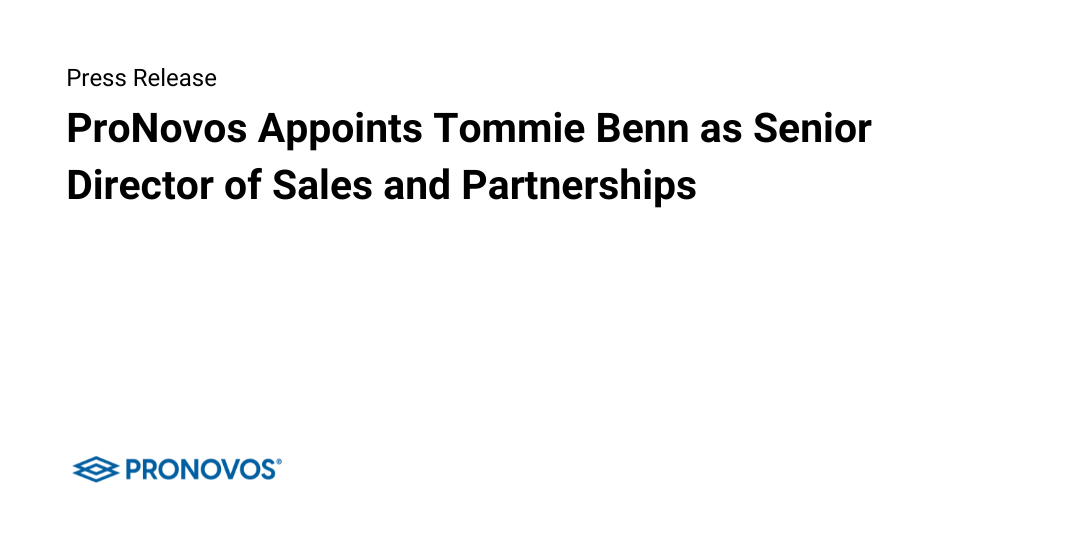Beyond the Numbers: A CFO’s Guide to Strategic Leadership in Construction
The role of the Chief Financial Officer (CFO) in the construction industry has undergone a significant transformation. No longer limited to internal controls and compliance, today’s CFOs are key players in shaping strategy, driving innovation, and steering growth. This evolution brings new challenges and opportunities, demanding a more dynamic approach to financial leadership.
Construction CFOs face unique challenges: managing multiple projects with varying timelines and budgets, navigating labor shortages, addressing regulatory scrutiny, and tackling social and environmental concerns. They must also contend with fierce market competition and attract and retain top talent with the new generations entering the workforce and being elevated into leadership roles. In this complex landscape, effective financial management is crucial for the success and sustainability of construction businesses.
Whether you’re a seasoned CFO or an aspiring financial leader, this guide offers a proactive and strategic approach to financial leadership in the construction industry. It also provides helpful resources and tools at the end of the eBook to support your ongoing professional development and decision-making.
The Role of a Construction CFO
The role of a Construction CFO is multifaceted, encompassing responsibilities and challenges uniquely tailored to the construction industry. As the leader of all core financial functions within the company, a Construction CFO must navigate the complexities of managing multiple projects, varying timelines, and intricate financial structures. To excel in this role, possessing advanced qualifications such as a CPA, MBA in accounting or finance, or construction-specific designations like the CCFIP is essential.
Expertise in GAAP standards, familiarity with financial metrics, and proficiency in enterprise-level financial systems are non-negotiable skills for a Construction CFO. Beyond technical knowledge, a strong commitment to ethical practices is crucial, ensuring transparency and integrity in all financial dealings.


 Gerardo Perez
Gerardo Perez Margie Morris, CCIFP
Margie Morris, CCIFP

